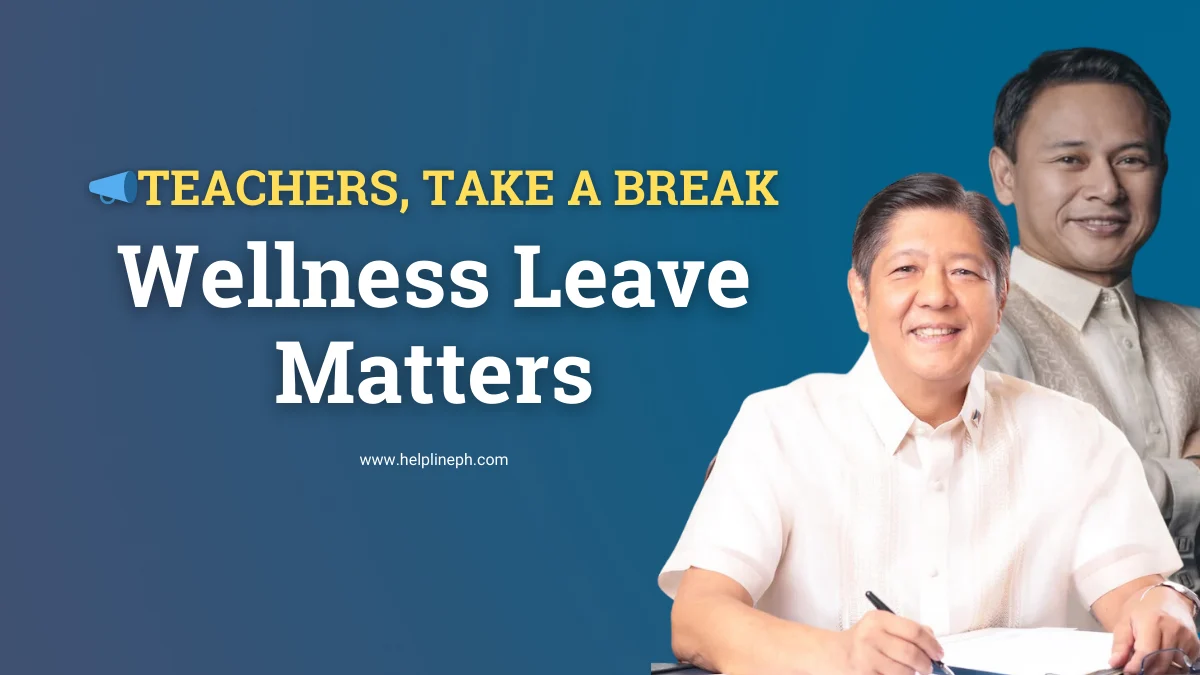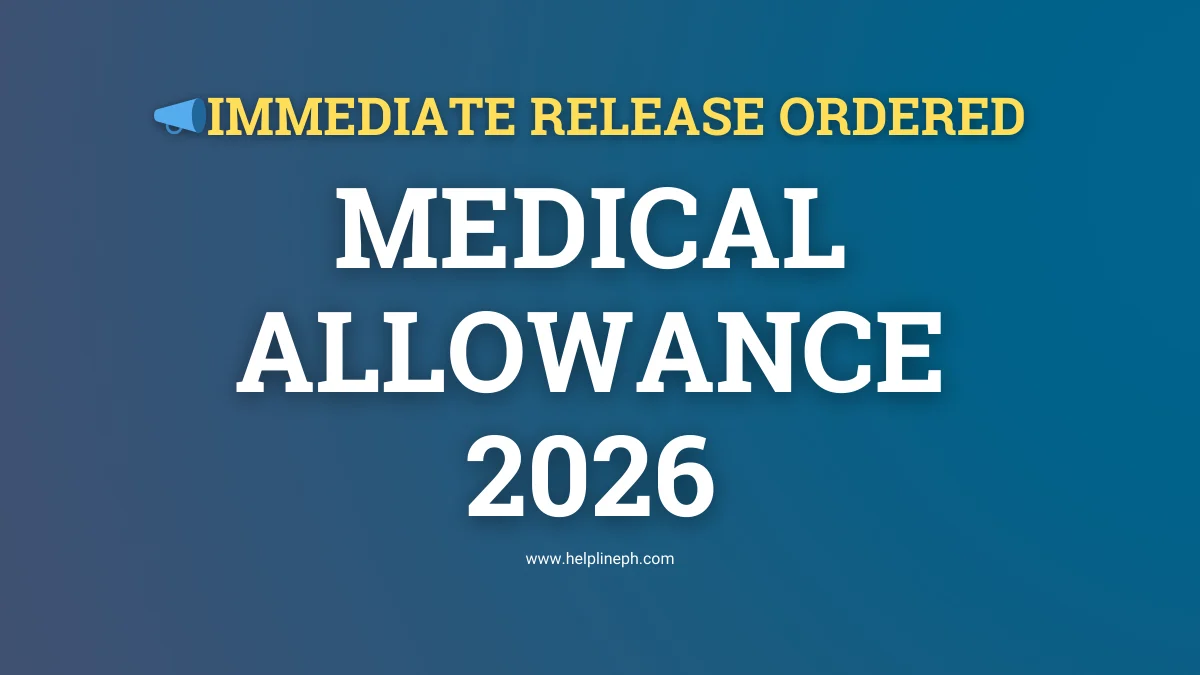High school graduates reading comprehension is a serious issue in the Philippines today. According to the Philippine Statistics Authority (PSA), nearly 19 million junior and senior high school graduates in the country cannot read and understand a simple story.
As a Filipino myself, hearing this number makes me feel sad and worried. How can young people succeed if they cannot understand what they read? How can they find good jobs, continue to college, or even manage daily tasks like reading instructions or contracts?
In this article, I will explain what the data means, why high school graduates reading comprehension is such an urgent problem, and what we can do as a country to solve it.
What Is Functional Literacy?
Let’s start by understanding two important terms from the PSA:
✅ Basic literacy — The ability to read and write simple messages, like one’s own name, or a simple sentence, and do basic math.
✅ Functional literacy — The ability to read, write, compute, and comprehend — meaning you understand what you are reading.
So even if someone can read words or numbers, if they don’t understand the meaning, they are not functionally literate.
The PSA report says that 79% of Filipino senior high graduates are functionally literate, but 21% are not — even though they finished school! This translates to nearly 19 million young people.
That’s not just a number — that’s millions of young Filipinos walking around with diplomas, but unable to fully understand a basic story or instruction.
Why Is Reading Comprehension Important?
Reading comprehension is not just about school grades. It affects your entire life.
✔ Work — Many jobs require reading instructions, emails, or manuals. Without reading comprehension, young people are stuck in low-paying, unstable jobs.
✔ Daily life — Simple tasks like reading medicine labels, contracts, bank forms, or even bus schedules become difficult if you cannot understand written materials.
✔ Voting and citizenship — To be an informed citizen, you need to read news, understand political promises, and make smart decisions.
✔ Mental growth — Reading helps develop critical thinking, creativity, and problem-solving. Without it, a person’s world becomes smaller.
I remember when I was in school, one of my classmates could read words perfectly but never understood the meaning of a passage. He struggled to pass exams and felt discouraged all the time. This is not just a personal failure — it’s a system failure.
Why Are Filipino Students Struggling With Reading Comprehension?
There are many reasons why high school graduates reading comprehension is so poor.
1️⃣ Poor Early Education
Many children start school already behind. Some come from families that cannot afford books or where no one reads at home. If they miss key learning in Grades 1-3, they struggle all the way up to high school.
2️⃣ Large Class Sizes
Public schools often have 50 to 60 students per class. Teachers simply do not have time to help each child individually. If a student is struggling, they can easily be left behind.
3️⃣ Teaching Focus on Passing, Not Understanding
Some schools focus more on making sure students pass exams rather than truly understanding lessons. Students learn to memorize answers without really grasping the meaning.
4️⃣ Lack of Reading Materials
Libraries are rare, and many homes don’t have books or newspapers. Without practice, reading skills stay weak.
What Are the National Impacts?
This crisis doesn’t just hurt individual students — it hurts the whole country.
Senator Sherwin Gatchalian said it clearly: “As long as there’s someone who cannot read and write in our country, poverty will continue.”
Here’s why:
✅ Low productivity — Workers with poor reading skills are less efficient and struggle to adapt to new tasks.
✅ Less innovation — A nation that cannot read well produces fewer scientists, inventors, and thinkers.
✅ Economic drag — The country has to spend more on remedial education and social support for people who cannot support themselves.
What Can Be Done to Improve Reading Skills?
I believe we can solve this crisis, but it requires teamwork:
✅ For Schools
✔ Focus on early reading programs — especially from Grades 1-3.
✔ Give teachers more training on how to teach comprehension, not just reading mechanics.
✔ Reduce class sizes so teachers can help struggling students.
✅ For Parents
✔ Read with children at home, even just 10 minutes a day.
✔ Limit screen time and encourage reading books or simple stories.
✔ Show children that reading is fun, not a punishment.
✅ For the Government
✔ Invest in public libraries and free reading materials.
✔ Monitor schools closely to ensure quality teaching.
✔ Launch national reading campaigns to make reading a habit.
✅ For Communities
✔ Start book-sharing programs where neighbors exchange books.
✔ Organize reading clubs or story hours at community centers.
✔ Support local teachers and schools by donating books or volunteering.
My Personal Reflection
As someone who loves reading, I find this situation heartbreaking. Reading has opened so many doors in my life — from understanding the world, to learning new skills, to simply escaping into a good story when life feels hard.
I remember the first time I read a novel all by myself. It was a simple adventure story, but it made me feel powerful — like I could go anywhere, learn anything, be anyone.
Every Filipino child deserves that feeling. Every high school graduate deserves not just a diploma, but the true power that comes from reading comprehension.
Frequently Asked Questions (FAQs)
What is functional literacy?
Functional literacy is the ability to read, write, and understand what you are reading, as well as do basic math. It’s more than just reading words — it’s about understanding them.
Why is reading comprehension important?
Without reading comprehension, people struggle with work, daily life, and decision-making. It also limits creativity and problem-solving.
What causes poor reading comprehension among Filipino students?
Some causes include weak early education, large class sizes, lack of reading materials, and a focus on passing exams rather than true learning.
How can we improve the situation?
Schools, parents, the government, and communities need to work together to create better reading programs, provide more materials, and support children’s learning from an early age.
What can I do as a parent or community member?
Read with children, donate books, organize reading activities, and show that reading is fun and important.
The high school graduates reading comprehension crisis is one of the biggest challenges facing the Philippines today. Nearly 19 million young people are walking into adulthood without the basic skills they need to succeed.
But this is not a hopeless situation. With focused action, love, and teamwork, we can change this future. We can give every child the gift of understanding, the power of reading, and the chance for a better life.
If you care about the future of our country, start today: pick up a book, share a story, or support a local school. Together, we can turn the page toward a brighter tomorrow.






